Investigatory Powers Bill: A Snooper's Charter in all but name alone
Edward Snowden is right to call this bill our biggest threat to freedom of speech

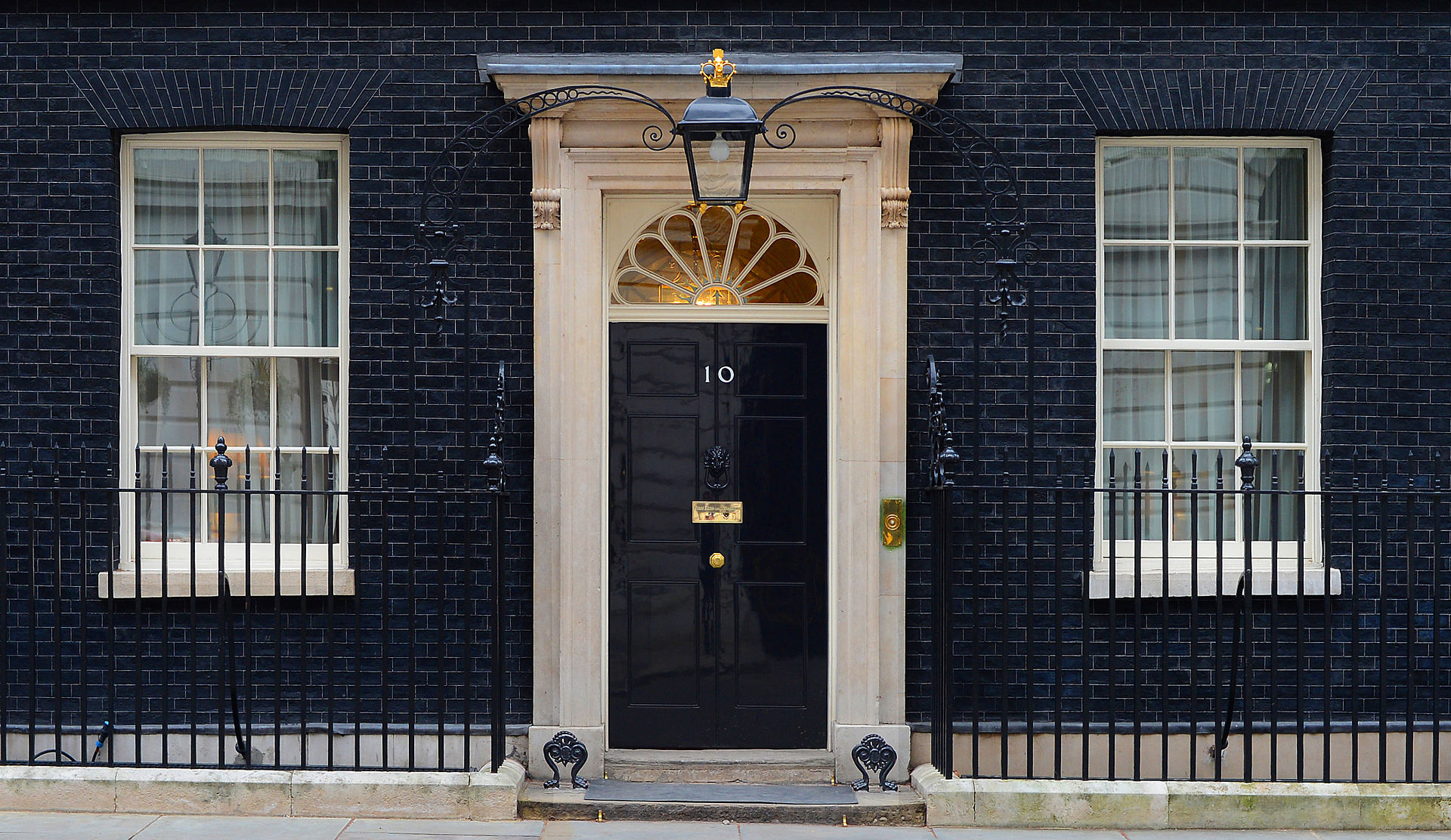
The Snooper's Charter, and despite all the efforts to try and distance it from that label by the government that is precisely what it remains, has finally been revealed in the form of the Draft Investigatory Powers Bill.
The big question is, should we be worried?
Industry reaction so far has been alarmingly supportive. I was particularly concerned by the comments from Nicholas Lansman, general secretary of ISP industry body ISPA, who said it was preparing to work with the government to ensure the bill provides a framework that "balances necessary powers with oversight whilst minimising the impact on business." How about the impact on freedom, and the necessary power to go about our personal business without being spied upon?
I say 'our' but obviously I do not include MPs in that description as the draft bill clearly omits them from being subject to the surveillance that they would have us under; it will write 'the Wilson doctrine' into law, preventing surveillance of their communications. Journalists, who you might think require similar protection if they are to do their job of ensuring freedom of speech is a reality in the UK, don't get the same pass - police will be able to access their sources with the nod of a friendly judge.
There will be no requirement for the likes of Google to code backdoors into their services or WhatsApp to stop runnign end-to-end encryption, as has been feared.That is a good thing, obviously. That said, if you truly believe that this bill will prevent the security services from doing whatever they think is in the national interest, which may often translate into being their own interest, then you've obviously not taken an interest in Edward Snowden.
The lawyers, politicians, civil servants and spy masters who have drafted this latest proposed incarnation of the Snooper's Charter quite obviously do know all about Snowden. In fact, it reads like a direct response to his whistleblowing. When it comes down to it, after all, what this bill will do is give legal validity to most of the stuff that the security services were already doing secretly and without that legitimacy: the bulk collection of personal communication data, the hacking into computers and smartphones, the blanket storage of internet usage data.
The legal responsibility for storing such data is to be handed over to internet service providers (ISPs) rather than law enforcement and security agencies; they will just get the right to demand to see it. In fact the bill will require ISPs to store this data, of every internet user in the UK (apart from MPs of course), detailing every site that they visit, for a full 12 months. It's okay though, because a judge will have to sign off any request to access it as well as the Home Secretary herself. Unless it's urgent, in which case all bets are off and the data is revealed without the judge's nod or knowledge.
Sign up today and you will receive a free copy of our Future Focus 2025 report - the leading guidance on AI, cybersecurity and other IT challenges as per 700+ senior executives
This is probably the most worrying aspect of the bill for me, quite apart from the privacy implications. Simply put, it leaves the door open for all kinds of insecurity scenarios. Home secretary Teresa May herself apparently failed to see the irony in her statement suggesting that high profile hacking attacks were one reason the bill needs to be introduced.
Put all that user data in one place, at every ISP, and it becomes a huge target. Let's hope there is a clause added to exclude TalkTalk from having to do this, given its record. Seriously though, can you imagine what will happen when this kind of data is hacked for the first time? And it is a matter of when, not if - of that you can be sure.
Hopefully this bill, or at least the browser history retention part of it, can follow DRIPA (the Data Retention and Investigatory Powers Act) into the unlawful bin. Earlier this year the High Court ruled that parts of DRIPA were not compatible with EU rights on privacy and the protection of personal data. I fail to see how the proposed new bill is any different, and would hope that the judiciary feels the same and follows the same route to throwing it out should it ever make it into law.
If not then I fear that Snowden was right when he tweeted that the "I don't need privacy, I've nothing to hide" line equates to "I don't need free speech, I've nothing to say". At the end of the day, as Snowden also noted, "your web records are not like an itemised phone bill, they're like a list of every book you've ever opened...".
Davey is a three-decade veteran technology journalist specialising in cybersecurity and privacy matters and has been a Contributing Editor at PC Pro magazine since the first issue was published in 1994. He's also a Senior Contributor at Forbes, and co-founder of the Forbes Straight Talking Cyber video project that won the ‘Most Educational Content’ category at the 2021 European Cybersecurity Blogger Awards.
Davey has also picked up many other awards over the years, including the Security Serious ‘Cyber Writer of the Year’ title in 2020. As well as being the only three-time winner of the BT Security Journalist of the Year award (2006, 2008, 2010) Davey was also named BT Technology Journalist of the Year in 1996 for a forward-looking feature in PC Pro Magazine called ‘Threats to the Internet.’ In 2011 he was honoured with the Enigma Award for a lifetime contribution to IT security journalism which, thankfully, didn’t end his ongoing contributions - or his life for that matter.
You can follow Davey on Twitter @happygeek, or email him at davey@happygeek.com.
-
 Will autonomous robotics leap forward in 2026?
Will autonomous robotics leap forward in 2026?In-depth Connectivity and cost benefits remain barriers, despite breakthroughs in physical AI
-
 AWS and NTT Data team up to drive legacy IT modernization in Europe
AWS and NTT Data team up to drive legacy IT modernization in EuropeNews Partnership between AWS and NTT DATA aims to boost AWS European Sovereign Cloud capabilities
-
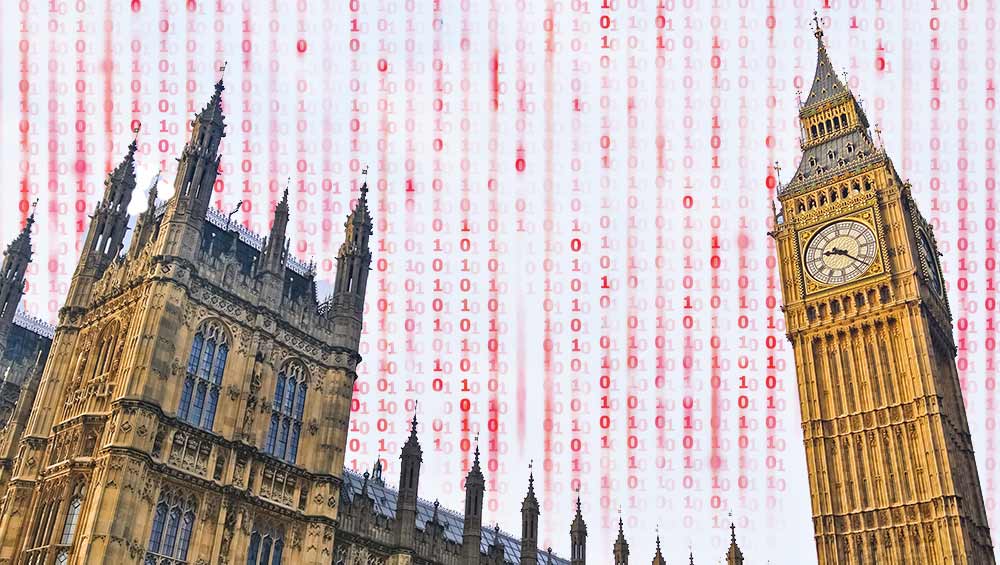 UK government's draft spying powers get leaked online
UK government's draft spying powers get leaked onlineNews Open Rights Group lifts curtain on Home Office's secretive consultation
-
 Liberty hits crowdfunding goal to take on Snooper's Charter
Liberty hits crowdfunding goal to take on Snooper's CharterNews Campaign group raises £40,000 to finance legal challenge against the government
-
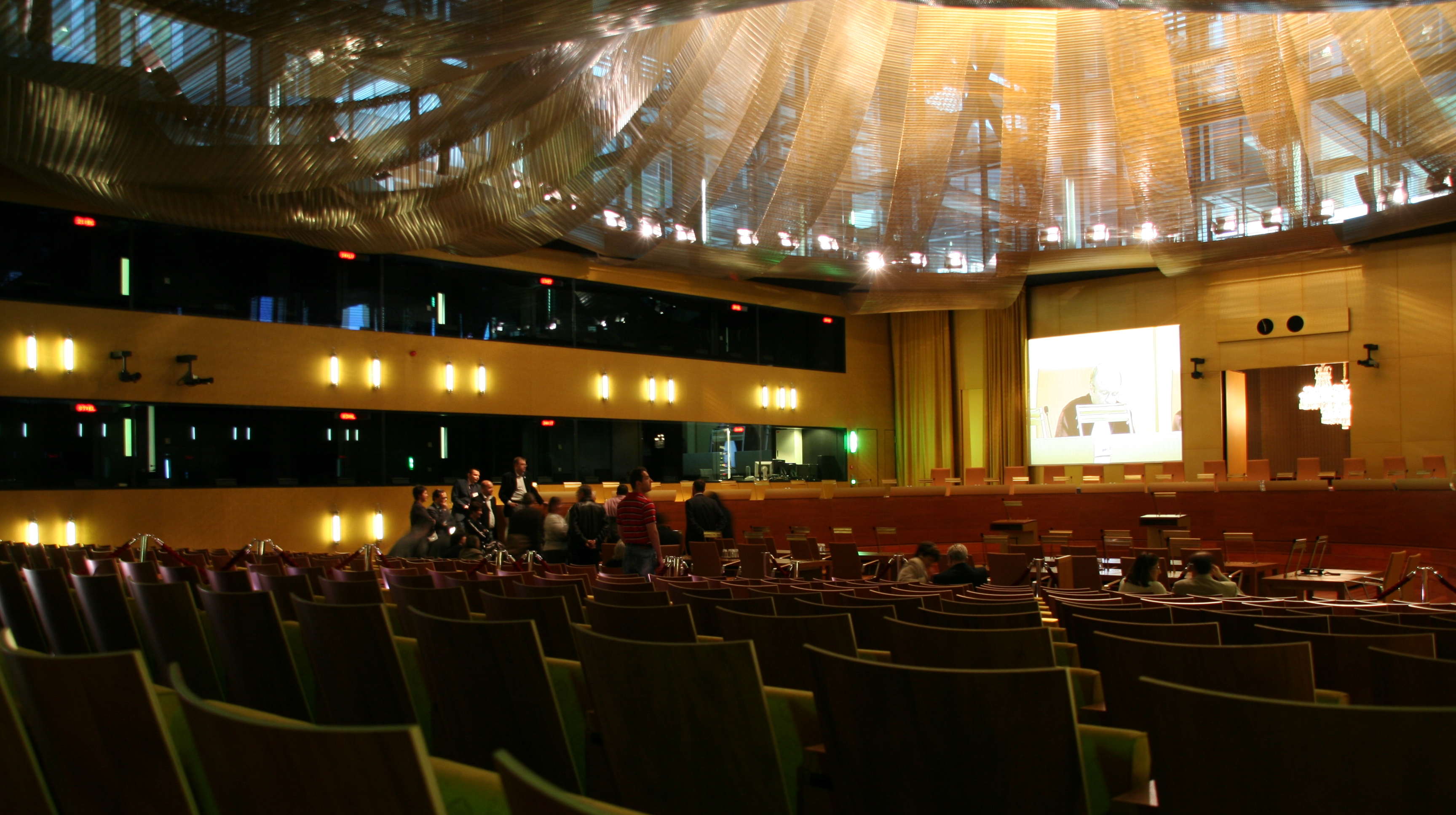 Blow for Snoopers Charter as EU court bans mass data collection
Blow for Snoopers Charter as EU court bans mass data collectionNews A legal challenge brought against DRIPA could take out its successor
-
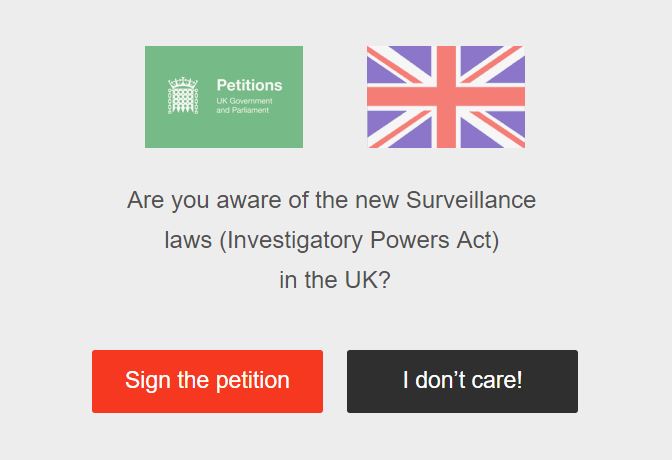 Porn site xHamster protests Snooper's Charter a week too late
Porn site xHamster protests Snooper's Charter a week too lateNews xHamster pushes visitors to sign anti-surveillance petition
-
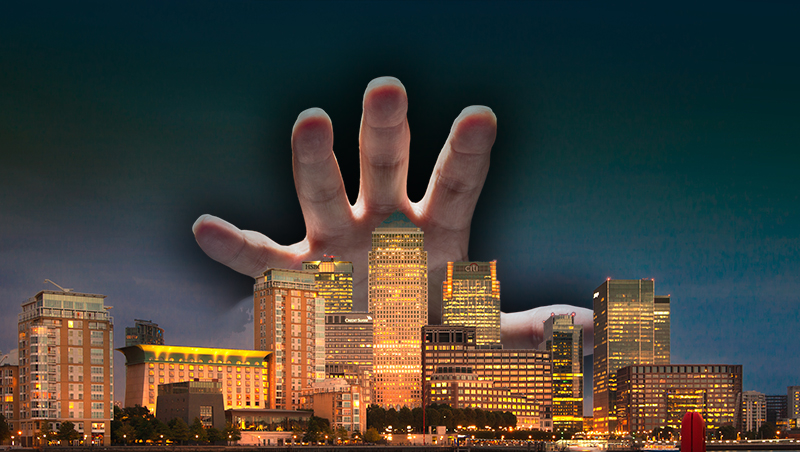 Investigatory Powers: Expect less scrutiny now Theresa May is Prime Minister
Investigatory Powers: Expect less scrutiny now Theresa May is Prime MinisterAnalysis Experts predict Theresa May's rise to PM will give the Snooper's Charter an easier ride
-
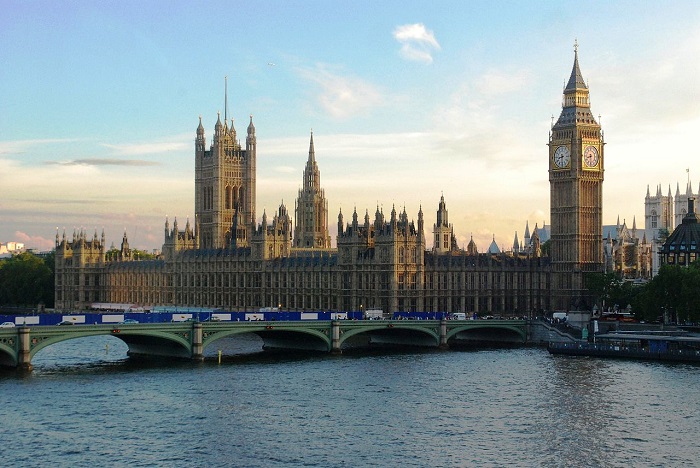 Investigatory Powers bill’s security backdoors ‘won’t make iPhone illegal’
Investigatory Powers bill’s security backdoors ‘won’t make iPhone illegal’News Encryption backdoors survive proposed House of Lords amendments
-
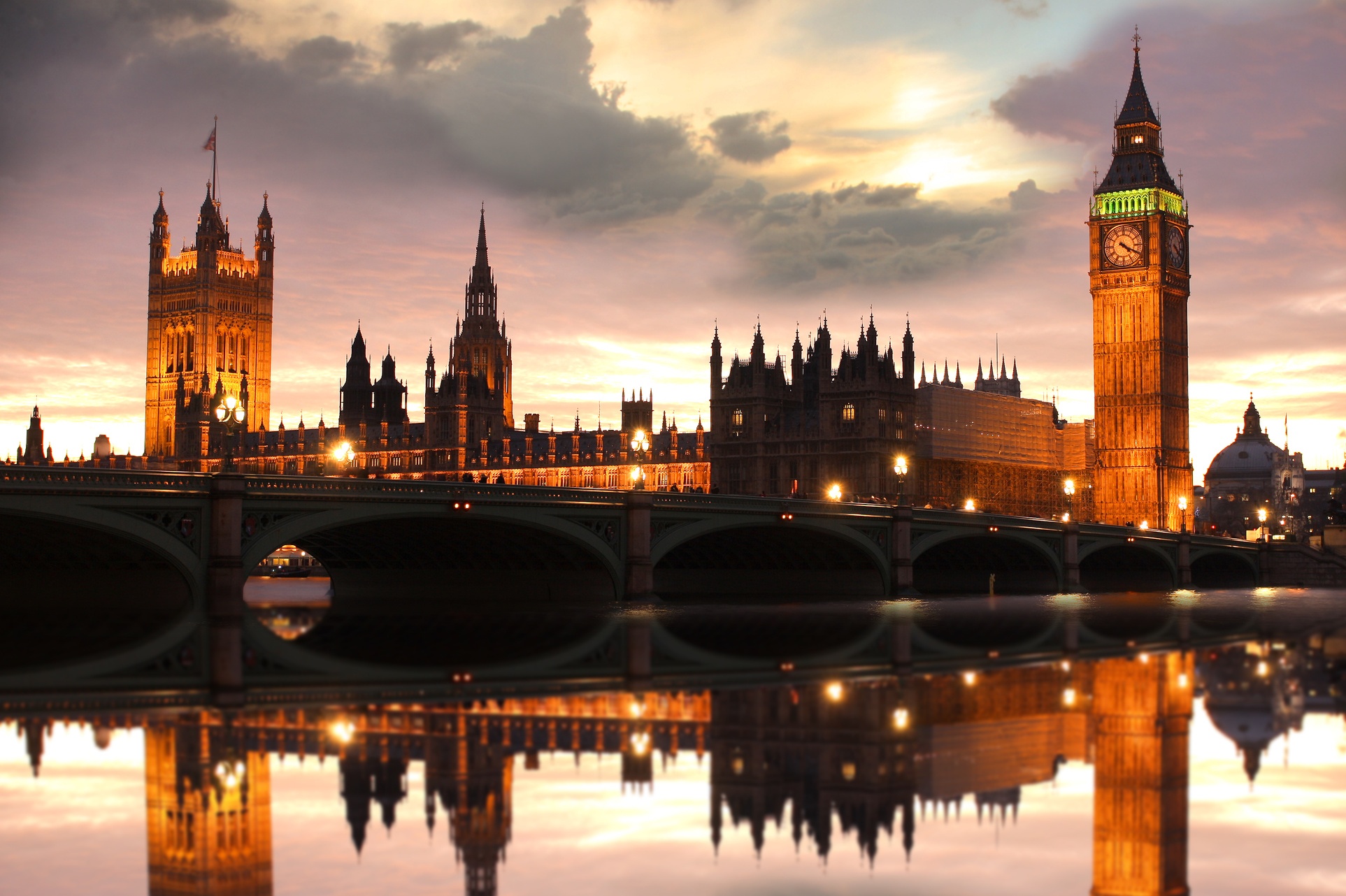 House of Lords hits out at Snooper's Charter
House of Lords hits out at Snooper's CharterNews Privacy and practicality worries could give the IP Bill a rough ride through the upper house
-
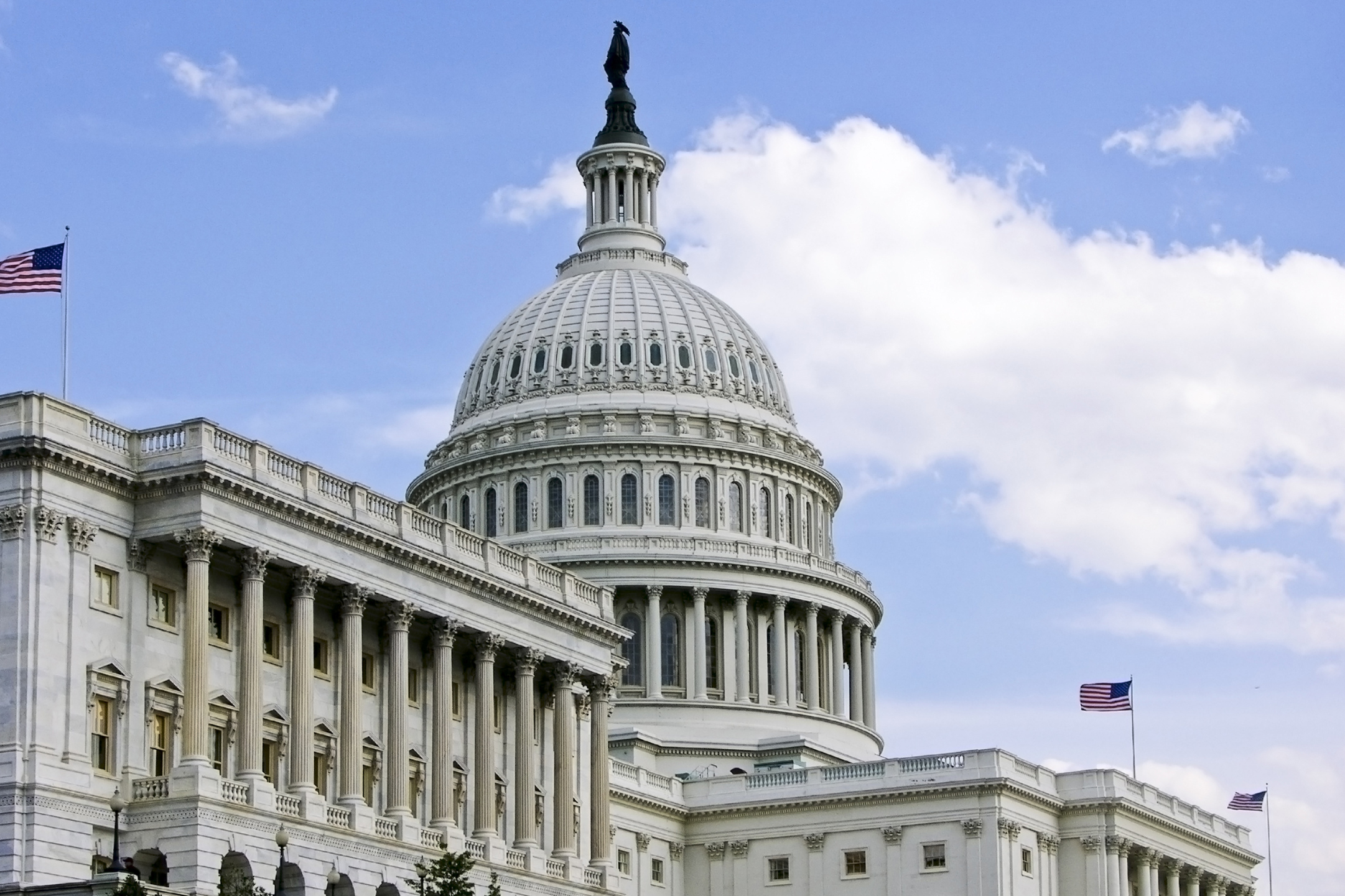 FBI can hack computers with no warrant, US court rules
FBI can hack computers with no warrant, US court rulesNews No warrant was needed in child abuse case, even though one was obtained
